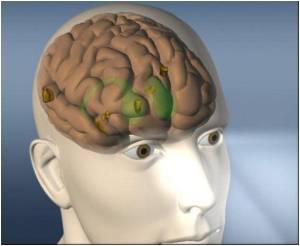We often turn to our own minds in times where we have to take decisions solely based on whether it 'feels' good - or what is popularly known as gut instinct.

"We often talk about intuition coming from the body-following our gut instincts and trusting our hearts," said Barnaby D. Dunn, of the Medical Research Council Cognition and Brain Sciences Unit in Cambridge, U.K.
To find out how different bodily reactions can influence decision-making, Dunn and his co-authors asked study participants to try to learn how to win at a card game they had never played before.
The game was designed so that the only way to play it was to follow one's hunches.
Results showed subtle changes in the players' heart rates and sweat responses affected how quickly they learned to make the best choices during the game.
Interestingly, some people's gut feelings were spot on, meaning they mastered the card game quickly. Other people's bodies told them exactly the wrong moves to make, so they learned slowly or never found a way to win.
Advertisement
So for some individuals being able to 'listen to their heart' helped them make wise choices, whereas for others it led to costly mistakes.
Advertisement
The study appears in Psychological Science.
Source-ANI









